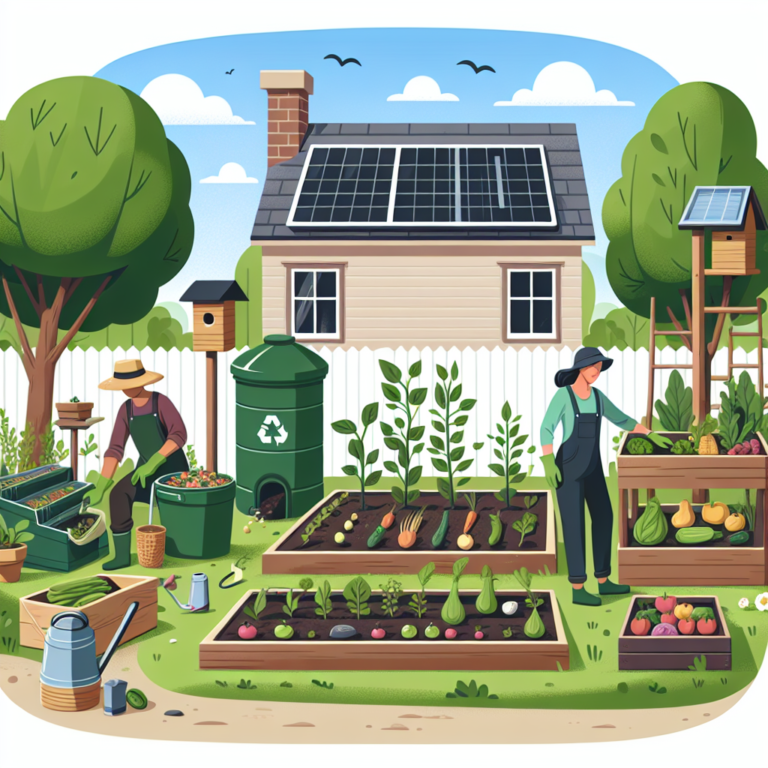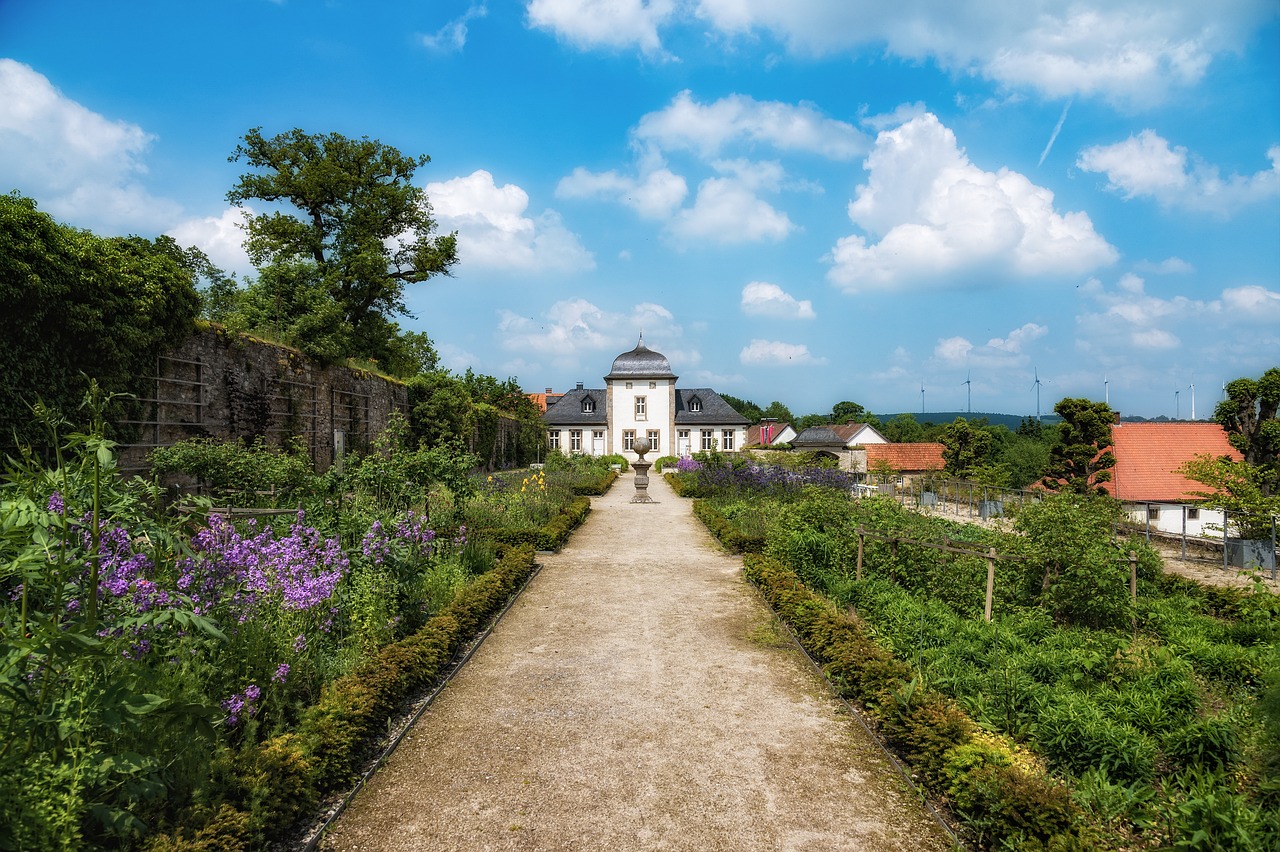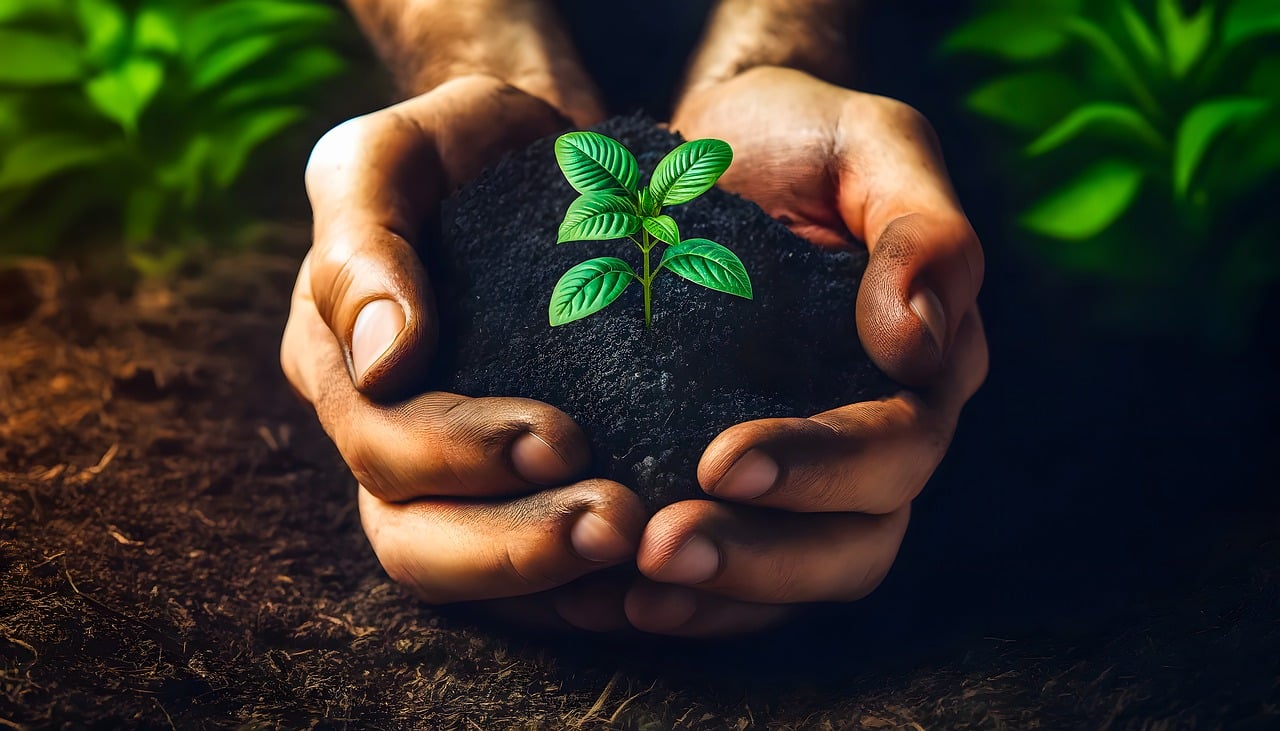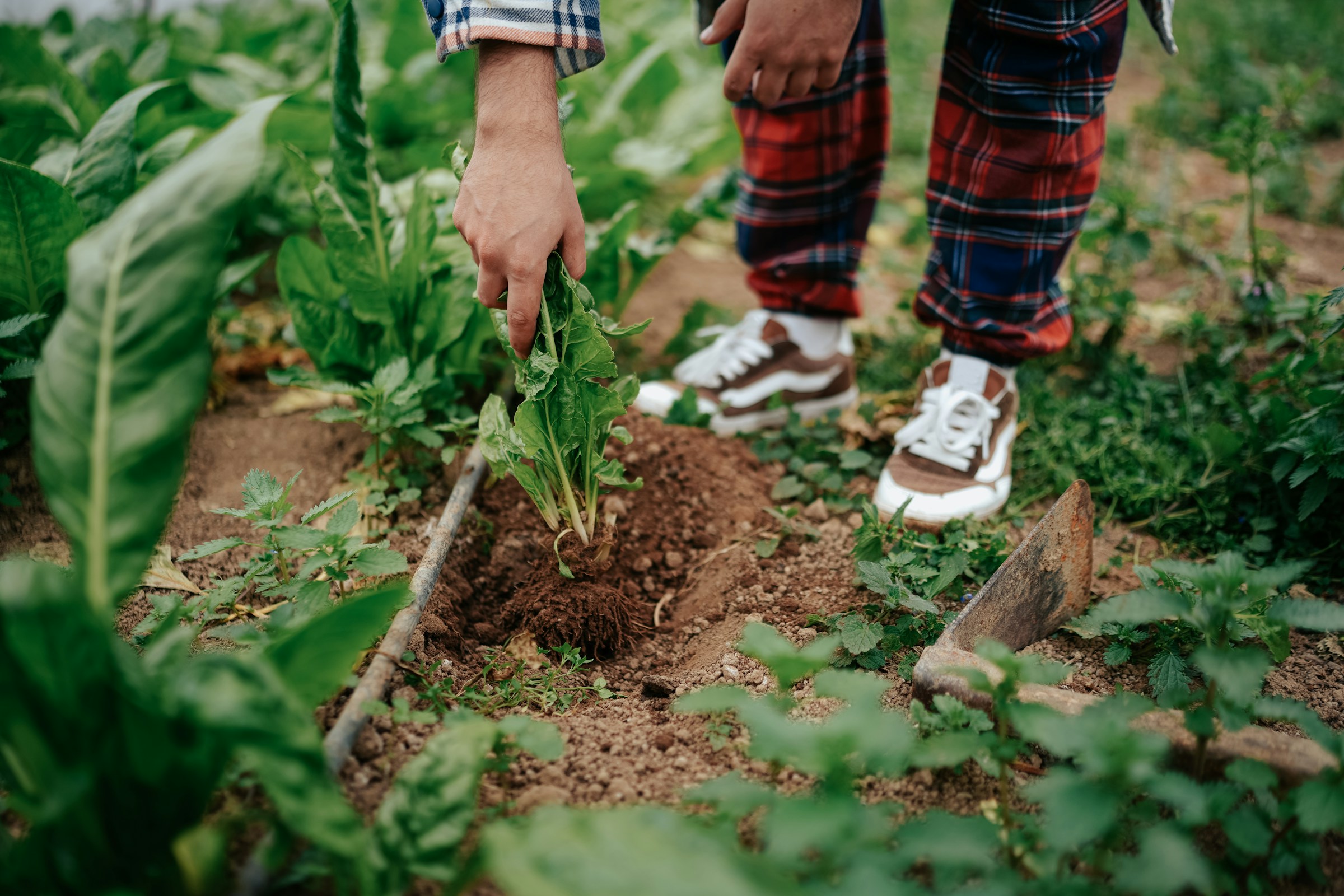Gardening is no longer just about beautifying your outdoor space or growing your own produce; it’s about doing so responsibly and sustainably. Eco-friendly gardening encompasses practices that help conserve resources, reduce waste, and create a healthy environment for plants, wildlife, and humans alike. From the seasoned green thumb to the budding horticulturist, sustainable horticulture is an approach that can be adopted by anyone. Let’s dig into some eco-friendly gardening ideas that will keep your garden green in more ways than one.
Embrace Sustainable Gardening Trends
Sustainable-gardening-trends are all about minimizing your environmental footprint and promoting biodiversity. Here are some of the latest trends that can help you cultivate a greener garden.
No-Dig Gardening
No-dig gardening is a method that involves layering organic matter on top of the soil, which then decomposes over time. This creates a rich, nutrient-dense soil that plants love, without the need to disrupt the earth through traditional digging. Not only does this save you back-breaking work, but it also helps to sequester carbon in the soil and protects the microorganisms that are vital for a healthy ecosystem.
Companion Planting
Companion planting is the practice of growing different plants together that can benefit each other. Some plants can deter pests naturally, while others can improve soil health. For instance, planting marigolds among your vegetables can help repel nematodes and other pests, and growing beans next to corn can help fix nitrogen in the soil, reducing the need for chemical fertilizers.
Pollinator-Friendly Gardens
Creating a pollinator-friendly garden means choosing plants that attract bees, butterflies, and other pollinating insects. These creatures are crucial for plant reproduction and help maintain the biodiversity of your garden. Opt for native plants, as they are best suited to the local pollinators and are generally more resistant to pests and diseases.
Sustainable Horticulture Techniques
Sustainable horticulture goes beyond plant selection; it involves specific techniques that help to nurture and sustain your garden over time.
Soil Health
Healthy soil is the foundation of any eco-friendly garden. To maintain soil health, use organic matter like compost and well-rotted manure to provide nutrients. Avoid synthetic fertilizers and pesticides that can harm the beneficial organisms within the soil.
Water Conservation
Water conservation is critical in sustainable gardening. Collect rainwater in barrels to water your plants, and consider installing a drip irrigation system that delivers water directly to the roots, reducing waste. Also, choosing drought-resistant plants or those that are native to your area can significantly decrease the need for supplemental watering.
Integrated Pest Management (IPM)
Integrated Pest Management (IPM) is a method that focuses on long-term prevention of pests or their damage through a combination of techniques such as biological control, habitat manipulation, and use of resistant varieties. Pesticides are used only after monitoring indicates they are needed, and treatments are made with the goal to remove only the target organism. IPM is a more sustainable approach to pest control that reduces the risk to people and the environment.
Green Landscaping for a Sustainable Backyard
Green landscaping involves designing your outdoor space in a way that is environmentally friendly and sustainable. Here are some ideas for making your backyard more sustainable.
Native Plants
Using native plants in your landscaping is beneficial for many reasons. They are adapted to the local climate and soil conditions, which means they require less water and are more resistant to local pests. Plus, they provide a familiar habitat for local wildlife.
Edible Landscaping
Edible landscaping is the practice of incorporating food-producing plants into your garden. Not only does this provide you with fresh, organic produce, but it also reduces the carbon footprint associated with transporting food. Herbs, fruit trees, and vegetable patches can all be integrated into your landscape in an aesthetically pleasing way.
Rain Gardens
Rain gardens are a beautiful and functional solution to managing stormwater runoff. By planting water-loving plants in a small depression, rain gardens capture runoff and allow it to soak into the ground, recharging the groundwater and preventing pollutants from entering waterways.
Tools and Materials for Eco-Friendly Gardening
Choosing the right tools and materials can make a big difference in the sustainability of your garden.
Reusable and Biodegradable Planters
Opt for planters made from natural materials that can be composted at the end of their life, such as coconut coir or peat pots. Alternatively, use pots made from recycled materials and avoid single-use plastics.
Sustainable Garden Tools
Invest in high-quality garden tools that will last for years, reducing waste. Look for tools made from sustainable materials such as bamboo, and those that can be easily repaired or recycled.
Organic Mulches
Mulch is essential for retaining moisture in the soil, suppressing weeds, and keeping the soil cool. Use organic mulches like straw, bark, or wood chips that will break down over time and enrich the soil.
Takeaways
Sustainable gardening is not just a fad; it’s a responsible approach to landscaping that can lead to a healthier planet. By incorporating the eco-friendly gardening ideas outlined above, you can create a thriving garden that supports sustainability and helps to reduce your environmental impact. Remember, every small step towards eco-friendly practices in your garden contributes to a larger movement towards a greener, more sustainable future.








